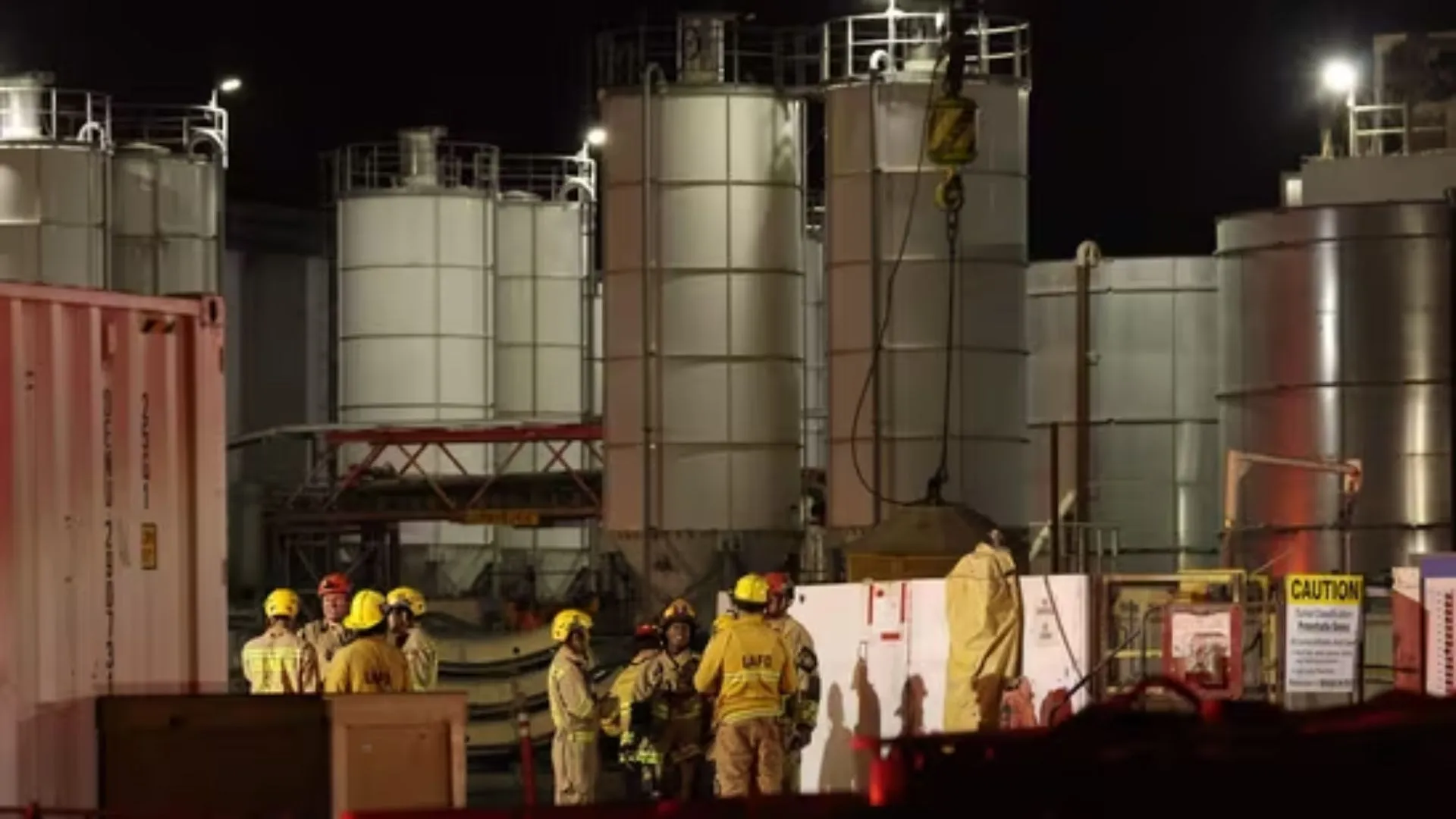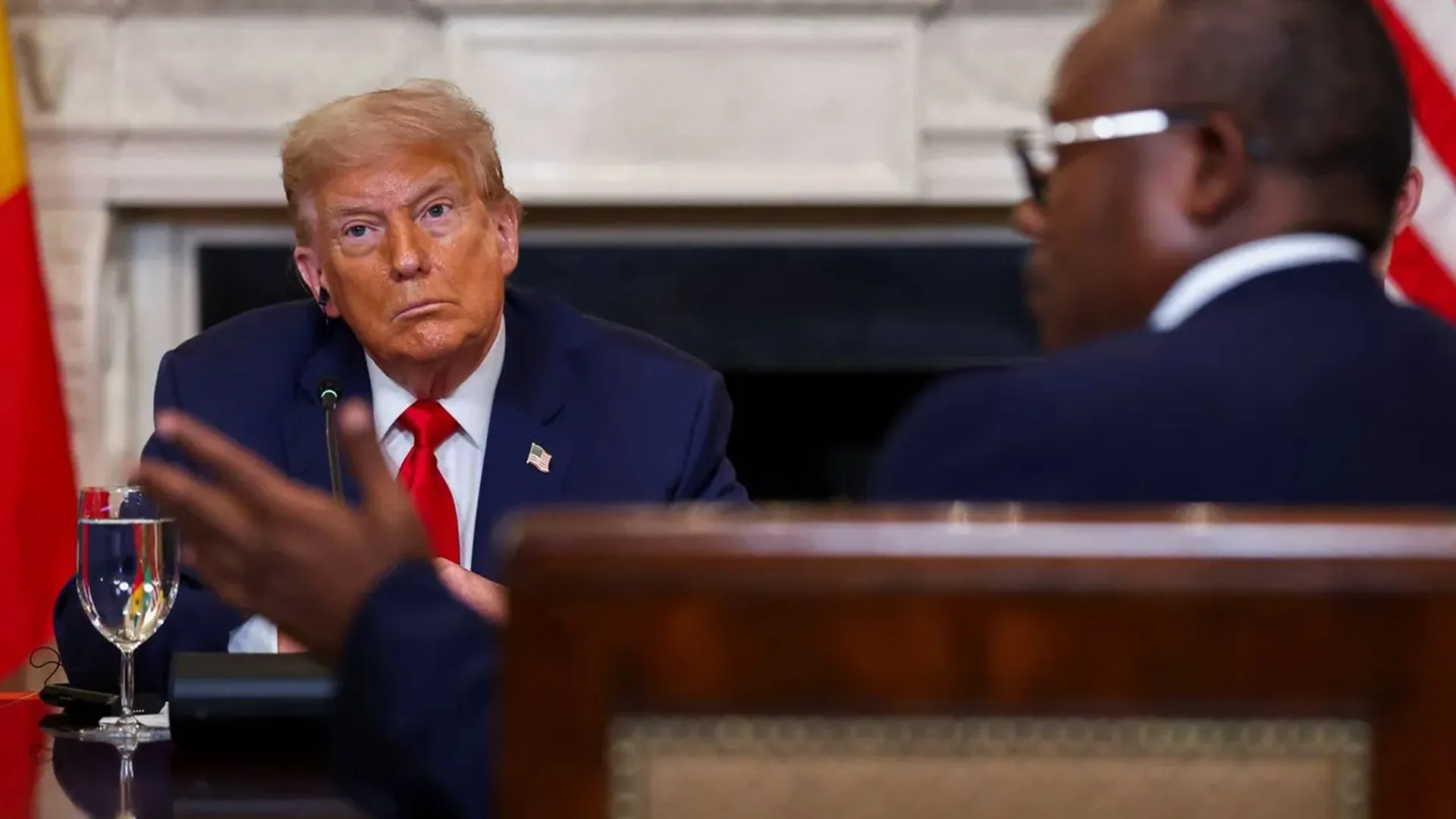The United States is scaling back its diplomatic and military presence in the Middle East as tensions with Iran rise over stalled nuclear negotiations.
Embassy Staff Ordered to Leave Baghdad
The US State Department has ordered the departure of all non-essential personnel from its embassy in Baghdad, citing the latest security review and a focus on protecting American lives abroad. The embassy was already operating on limited staff, so the change affects only a small number of people.
Voluntary Departures from Bahrain and Kuwait
In addition to Baghdad, the department has authorized voluntary departures for non-essential personnel and their families from US missions in Bahrain and Kuwait. This move gives them the option to leave due to rising regional risks.
Military Dependents Also Allowed to Leave
US Defense Secretary Pete Hegseth approved the voluntary departure of military dependents across various Middle Eastern locations. The US Central Command stated it is closely monitoring growing tensions in the region.
Nuclear Talks with Iran at a Standstill
Tensions have intensified as talks with Iran over its nuclear program appear to have stalled. These negotiations aim to reduce Iran’s uranium enrichment activities in exchange for sanctions relief. Iran insists its nuclear ambitions are peaceful.
The next round of talks, tentatively set for this weekend in Oman, now looks unlikely, according to US officials.
Trump Expresses Doubts Over Iran Deal
Donald Trump voiced skepticism during a podcast interview, saying he’s “getting more and more less confident” about reaching any agreement with Iran. He accused Iran of delaying negotiations and warned of potential consequences.
Iran Warns of Retaliation
Iranian leaders have responded with strong words. Defense Minister Gen. Aziz Nasirzadeh warned that all US bases in the region are within reach and would be targeted if conflict arises.
“Iran is not seeking a nuclear weapon,” said Iran’s UN mission in a social media post. “But US militarism only fuels instability.”
Maritime Security Alert Issued
The UK Maritime Trade Operations Center issued a warning to ships, highlighting that increased tensions may lead to military escalation, especially in the Persian Gulf, Gulf of Oman, and Strait of Hormuz — strategic waterways previously affected by Iranian actions.
IAEA Set to Censure Iran
The International Atomic Energy Agency (IAEA) is reportedly considering a vote to censure Iran, a move that could lead to the reactivation of UN sanctions under the 2015 nuclear deal, which the Trump administration had exited.






















